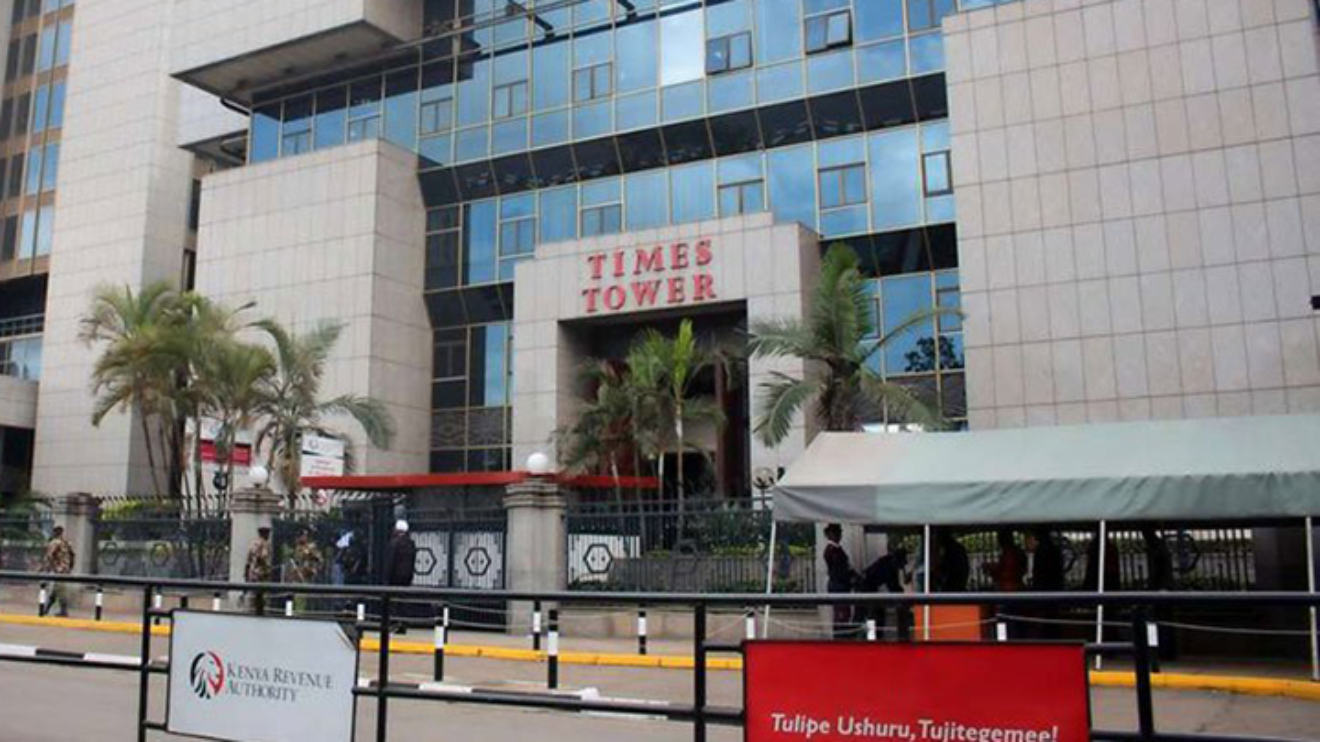The Kenya Revenue Authority (KRA) has officially unveiled its Electronic Rental Income Tax System (eRITS) in a move aimed at bolstering voluntary tax compliance within the burgeoning real estate sector.
This technologically advanced platform, built upon the government’s Enterprise Integration Platform, Gava Connect, promises to simplify the often intricate processes associated with tax obligations for landlords and property owners across the nation.
The introduction of eRITS is anticipated to foster a more efficient and transparent tax environment, ultimately contributing to Kenya’s national development.
During the launch ceremony, the Principal Secretary to the National Treasury, Dr. Chris Kiptoo, lauded the system’s arrival, stating it marked a significant milestone in the Government’s commitment to ensuring a fair and efficient tax system that will contribute to national development.
He further emphasised the government’s dedication to simplifying tax processes, remarking, "The government is committed to ensuring that the tax system remains fair and that compliance is as seamless as possible."
Read More
"With this system, we aim to not only increase revenue collection but also create a more equitable and predictable tax environment that benefits both taxpayers and the government," Kiptoo added.
Echoing these sentiments, the Housing Secretary of the State Department of Housing and Urban Development, Athman Said, highlighted the pivotal role the real estate sector is now expected to play in national progress through increased tax revenue.
KRA Commissioner General, Humphrey Wattanga, underscored the voluntary nature of the new system, designed to support and enhance tax compliance among rental property owners and agents.
He affirmed that eRITS reflects KRA’s commitment to service excellence, efficiency, and continuous improvement.
Wattanga elaborated on the system’s capabilities, noting, "eRITS is designed to enable seamless integration with the KRA ecosystem for purposes of tax computation, filing, and payment; and is accessible through the Gava Connect API portal for system-to-system integration, and as a service through the eCitizen platform.
"The intention is to augment voluntary compliance within the sector while reducing administrative burdens associated with taxation," the taxman stated.
He concluded by asserting, "With this launch, we are taking a bold step toward a future where tax compliance is not a burden but a shared responsibility for nation building."
The Monthly Rental Income (MRI) tax, which eRITS is designed to streamline, was initially introduced in 2016 and applies to landlords with annual earnings ranging from Sh288,000 to Sh15 million.
Demonstrating the government’s commitment to easing the tax burden, the MRI tax rate was reduced from 10 per cent to 7.5 per cent effective from January 1, 2024.
The impact of the MRI tax on national revenue has been substantial, with collections reaching Sh14.4 billion in the last financial year (2023/2024).
This figure represents a notable 5.2 per cent year-on-year growth compared to the Sh13.6 billion and Sh12.3 billion collected in the preceding financial years, indicating a positive trajectory in rental income tax contribution.



 shares a light moment with the company's Group CEO Dr Patrick Tumbo (right) at a past event-1758121528.jpeg)
-1758116028.jpeg)



